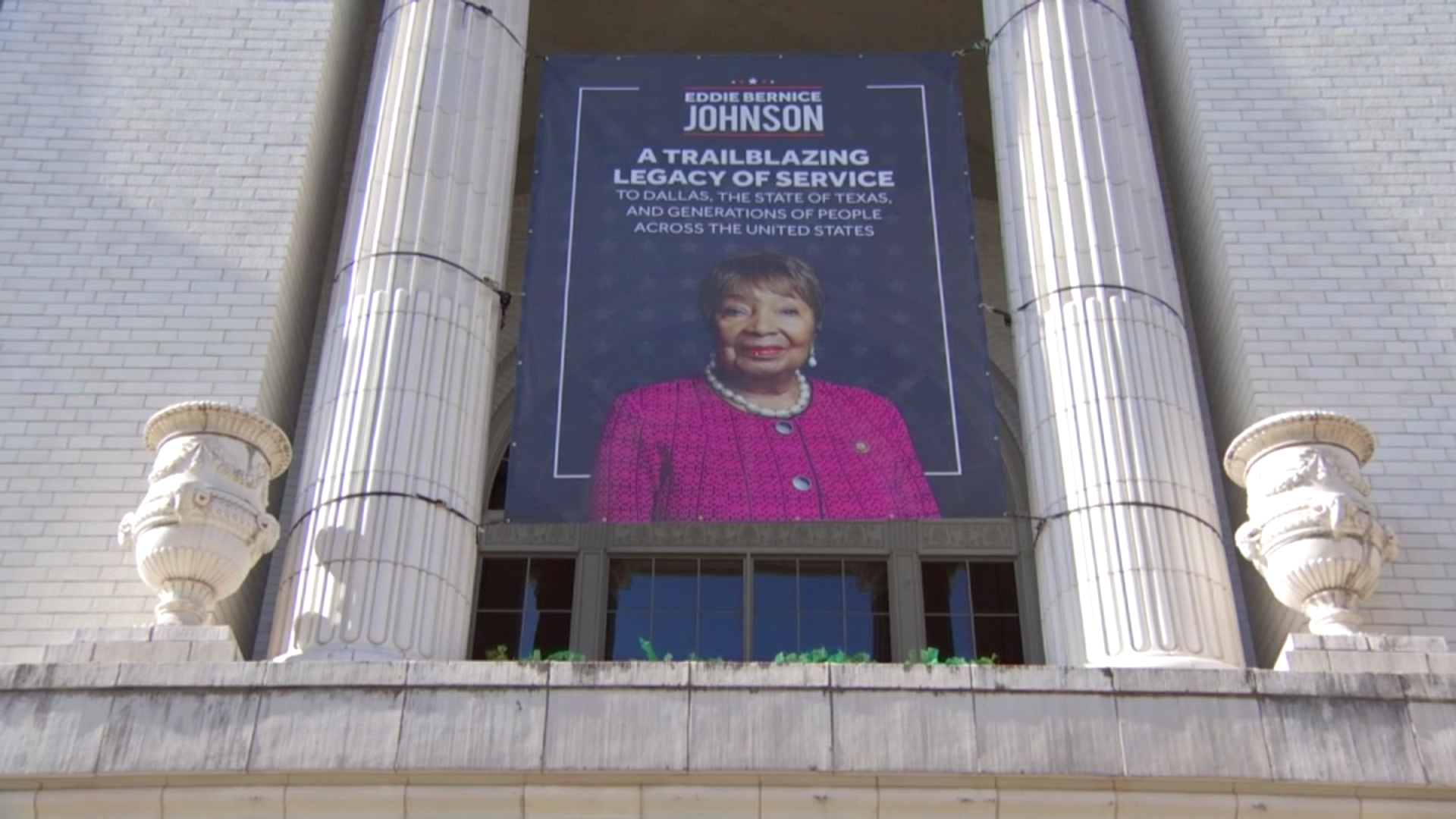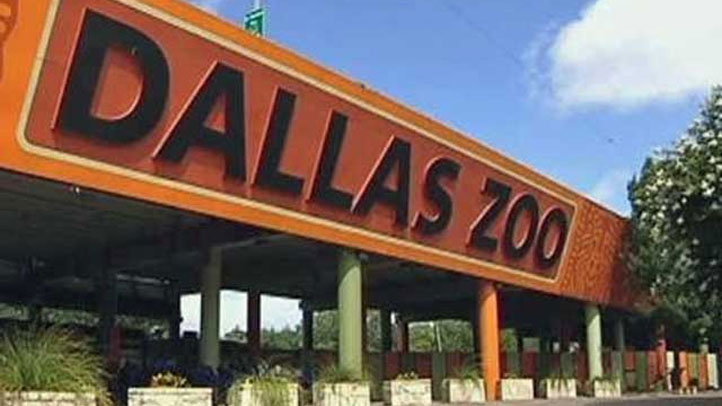A special program that has been years in the making is already making a difference in Dallas after just weeks after launching.
Dallas’ new Overdose Response Team has been up and running for about a month since getting city council approval in December.
The program comes just as drug overdoses seem to dominate headlines in recent months.
“The timing couldn’t be better,” said Becky Tinney, special projects director for Fort Worth-based nonprofit Recovery Resource Council, which has partnered with the city in this mission. “It has just created a problem that we haven’t seen the scale of.”
Get DFW local news, weather forecasts and entertainment stories to your inbox. Sign up for NBC DFW newsletters.
Even this week, authorities are investigating a rash of drug overdoses in the South Dallas area.
Dallas Fire-Rescue responded to about 27 overdose calls in a 12-hour period on Tuesday night into Wednesday. The average number of overdose calls they normally get per day is six.
Paramedics believe it could be from a bad batch of drugs. While the exact reasons why are unknown, what happens after the overdose?
Local
The latest news from around North Texas.
That’s where this team comes in.
“We can’t rehabilitate somebody who’s dead. Somebody who dies from an overdose doesn’t have an opportunity to learn from their mistake,” said Tinney. “We have to start thinking of different ways to address this epidemic.”

HOW IT WORKS
The program works like this: Recovery Resource Council pairs one of the peer specialists with a Dallas Fire Rescue Paramedic. The team pulls data from every overdose 911 call and physically goes back to the address to track down the person who overdosed.
If they can meet the person face-to-face, the team offers free boxes of nasal spray Narcan, resources, phone numbers and life-changing connections to recovery programs. Narcan is a drug often used to reverse overdoses and essentially brings the person back to life.
“We’re bringing that conversation to their doorstep. We’re engaging them in conversation about what they’re going through," said Tinney. “What we find is a lot of times, these people might be ready for a conversation about it. They might be ready for help but they have absolutely no idea where to start. If they even wanted help, who would they pick up the phone and call? It’s overwhelming.”
The program essentially responds to the opioid epidemic one person at a time.
“This program really offers support and care for that person through the continuum of care as they navigate with her options are,” said Tinney. “We truly make an effort to find and connect with every single 911 reported overdose.”
In an overdose incident, Tinney said sometimes people refuse to be transferred to the hospital because they are afraid of repercussions for using an illicit drug. That means they don’t come into contact with anyone who would be able to help them break the cycle.
“So if they’re not transporting to the hospital, sometimes there’s no other additional touch point that person has after EMS leaves the 911 scene,” she said. “So what this team offers is an opportunity for both paramedic staff – and our staff who follow up with the individual – an opportunity for an additional touch point after the fact.”
MEETING PEOPLE WHERE THEY ARE
The Dallas program, which is led by Dallas Fire Rescue, is a two man crew so far. It’s led by DFR Overdose Response Team Coordinator Jarrod Gilstrap and his partner in the endeavor, recovery support peer specialist Michael Watkins.
In just one month, they've met with dozens of people face to face.
“We’re asking them, ‘Hey, can we help you?’ And meeting them where they’re at. We’ve done some pretty good work so far and I’m really proud of it,” said Gilstrap.
The duo was even able to help get two people into treatment facilities. One man even called Gilstrap within an hour of their meeting and asked him for reassurance on using the free Narcan.
“That’s the rewarding piece of it. To go out and save someone’s life or to educate someone to make sure that they don’t die from doing drugs,” said Gilstrap. “Because you want someone to have enough time to get cleaned up, if they desire that.”
Watkins himself is in long-term recovery and is reminding the people he meets that they're not alone.
“That was part of my thing, I thought I was alone,” he said. “Just want to let people really know that there is caring people out there, without judgment.”
The people who have overdosed in the last few months come from all walks of life.
“Just as often as we’re going to talk to homeless individuals, people in encampment or those in low income housing – we’re talking to people in gated communities,” said Tinney.
GOALS TO GROW
Recovery Resource Council first launched the program with MedStar in Fort Worth over a year ago. The program took longer to reach Dallas because it needed prior city approval and addition to the council agenda, as opposed to a private company like MedStar.
There’s no other program like it in North Texas, just as the opioid epidemic seems to reach new heights with fentanyl laced drugs.
“Coincidentally were here and in place, thank goodness to offer the services and resources. But it started years ago and it’s taking a long time to lay the groundwork,” said Tinney.
Her team has seen an alarming rise in overdose responses, especially since the pandemic. Adding to the challenges, counterfeit pills – made with deadly and highly potent fentanyl – are becoming more common in the streets. Many don't even know it's laced.
“Addiction has been around. It’s not anything new. What’s changed things as we know now is fentanyl being in everything. It’s in fake pressed pills, laced in cocaine, methamphetamines. We’ve encountered people where they’ve had fentanyl in their marijuana, overdosed and went to the hospital.”
Hot spots are popping up everywhere and no community is immune to it.
“There is nothing unique or specific about that community that cause it happened there. A couple of weeks ago, it was Carrollton. Now it’s south Dallas. Next week, it could be somewhere else. It’s just a reality of the environment that we’re in right now with the illicit drugs were seeing on the streets,” said Tinney.
According to MedStar, crews have treated 2,888 patients that they believed was suffering from an overdose, or overdose-related illness between January 2019 and February 2023 in its Tarrant County service area.
The ambulance service said the number of overdose patients treated each day continues to be concerning.

Since the Recovery Resource Council launched the program with MedStar in December 2021:
- 258 people have received at least one program service.
- 176 have been connected to a peer support specialist.
- 189 families have received hands only CPR training.
- 175 people have received a health and wellness screening and were referred to other community resources.
The initiative is funded through the University of Texas Health Science Center at San Antonio. The council, which is Accredited by the Joint Commission in Behavioral Health and licensed by the State of Texas as an Outpatient Treatment Center, also receives funds from the state and through donations.
In total, Tinney says 1,000 Narcan kits have been distributed in Fort Worth so far.
“That’s 1000 lives that have an opportunity to learn from that mistake. And to make a different choice,” she said.
In the months to come, Dallas fire rescue hopes to grow their team beyond the two man crew they have now. And in the years to come, Recovery Resource Council wants to replicate this program in even more cities across North Texas, especially in Denton and Collin counties.
“We have to keep people alive. At the end of the day, every single person that we connect with is, somebody’s loved one. It’s somebody’s parent, child, sibling. There’s somebody who wants that person alive,” Tinney said. “So we want to support them and help them see another day.”
For more information about the RRC, click here.



